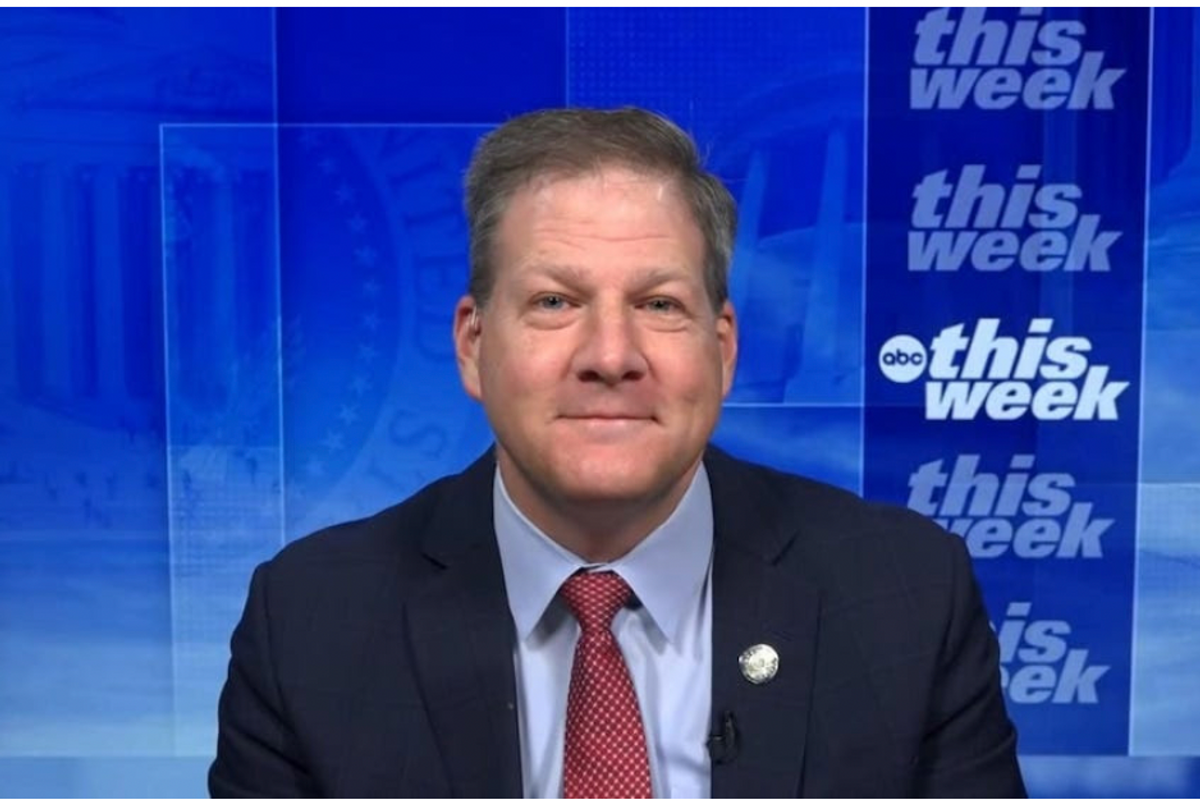
It is as disturbing as it is inspiring, this response from so many women to publicly share their abortion stories so that members of the U.S. Supreme Court might read them.
Why must women in America continue to reveal to strangers the most intimate details of our lives to preserve our constitutional right to privacy?
Is there even one instance in which men are asked to do this? We women know the answer to that. We don’t dwell. On we go with our busy lives. Yet another wondrous thing about women, this ability to rise above this hateful battle of right-wing extremists. They are everywhere, it seems. Outside our clinics. Inside our churches. Holding too many seats in state legislatures and Congress.
On Wednesday, the court heard arguments regarding a Texas law so restrictive that it could reduce the number of abortion clinics in that state from 40 to about 10. More than 100 women filed supporting briefs full of stories about the abortions that made it possible for them — and often their families — to live safe and productive lives.
The briefs are an appeal to Justice Anthony Kennedy. He is the one with the power, the man who will determine whether women will be able to control their own bodies.
We have reason to worry.
As The New York Times reported, in a 2007 majority opinion, Kennedy claimed that many women regret their decision to have abortions. He depicted them as depressed, the victims of plummeting self-esteem. There is no evidence to support this.
So one woman after another spilled the most private details of their lives in court briefs to educate him. They have no regrets, and they spell out the reasons for that.
Kate Banfield found out in 1987 that she was pregnant. She was a 19-year-old freshman at Stanford University, home for the summer and working as a waitress. She had been raised Catholic and was worried that her parents would judge her.
From the brief: “She recently informed her father of her abortion for the first time, and her public participation in this brief. He said that while he may not have agreed with her decision at the time, he acknowledges that it was her decision to make and in retrospect he definitely agrees with the choice she made for herself.”
This is such a familiar story. A person is opposed to abortion — until he or she is not. Until the pregnancy that will derail a career, a family, a future. Until the fetus that is fatally deformed. Until the cost of a birth is the end of a mother’s life.
In all the years I’ve interviewed abortion providers, never once have I heard them utter a word of judgment for such people.
“We can think we’re so certain of right and wrong,” a clinic counselor once told me. “And then our lives intervene.”
Banfield is married with three children and has helped hundreds of other children as a teacher and advocate.
She does not regret her abortion.
In 1966, anthropologist Leni Silverstein had just graduated from the University of Chicago when she got pregnant, despite using a diaphragm. Abortion was illegal in Illinois, but through a friend of a friend, she found an underground abortion provider in Chicago.
“Leni was incredibly scared,” the brief reads. “She was told she would have to meet an unidentified person in downtown Chicago. She had no idea where she would get the abortion, or who would perform it. She knew her safety and reproductive future were at risk. When she arrived at the appointed meeting place, she was blindfolded and driven to an undisclosed location. She believes it was an apartment somewhere in Chicago.”
She does not regret her abortion.
Jo Baxter was a college junior when she had an abortion in 1965. She had already seen a 17-year-old relative’s life unravel after she became pregnant and dropped out of college to marry and carry the pregnancy to term. The woman never returned to college.
Baxter is married with two children. She is on the board of a violence prevention center and, for many years, also served on the board of a primary health care center for the uninsured.
She does not regret her abortion.
She has no interest in being cast as a victim. In a moment of crisis, she took control of her body — and her life.
It’s what women do.
Connie Schultz is a Pulitzer Prize-winning columnist and professional in residence at Kent State University’s school of journalism. She is the author of two books, including “…and His Lovely Wife,” which chronicled the successful race of her husband, Sherrod Brown, for the U.S. Senate. To find out more about Connie Schultz (con.schultz@yahoo.com) and read her past columns, please visit the Creators Syndicate Web page at www.creators.com.
COPYRIGHT 2016 CREATORS.COM
Photo: President and CEO of Whole Women’s Health Amy Hagstrom Miller (L) holds up her fist as she descends the steps of the U.S. Supreme Court with President and CEO of the Center for Reproductive Rights Nancy Northup after the court took up a major abortion case focusing on whether a Texas law that imposes strict regulations on abortion doctors and clinic buildings interferes with the constitutional right of a woman to end her pregnancy in Washington March 2, 2016. REUTERS/Kevin Lamarque


